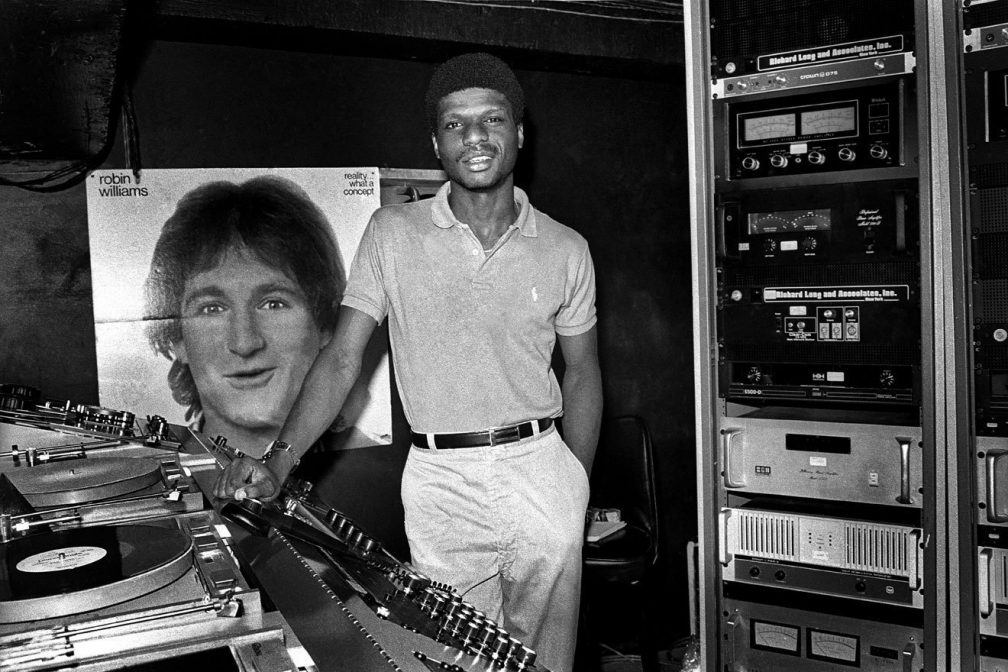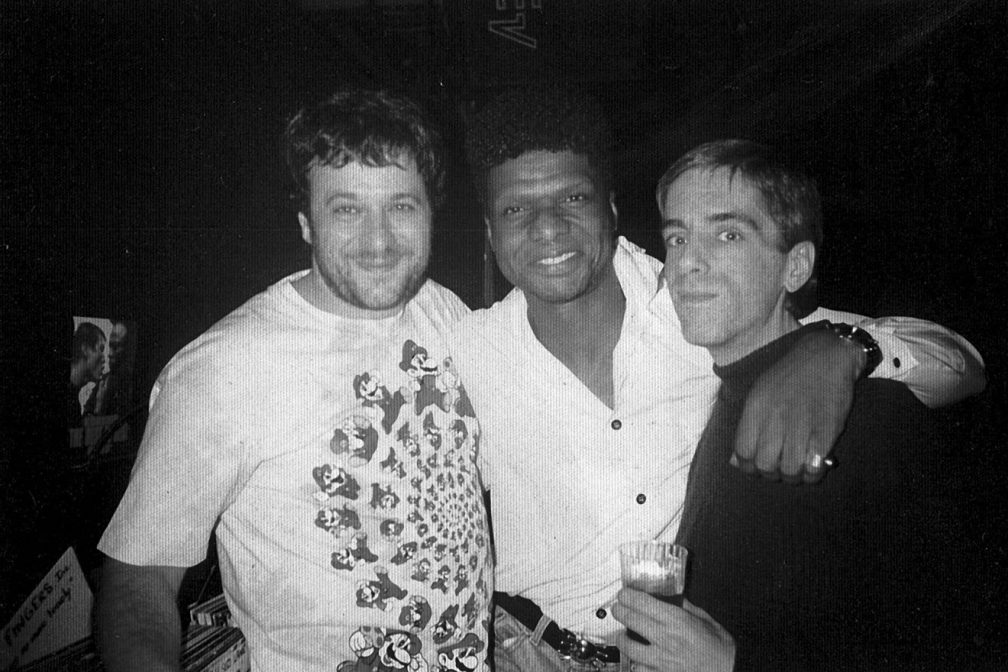 Culture
Culture
They invented the remix
Jamaica came up with the idea, but the remix as we know it was born in New York
Crucial to the development of the remix was arrival of the 12” single, which happened quite by accident. “The twelve-inch? Jose Rodriguez, my mastering engineer, ran out of seven-inch blanks,” says Moulton. “So he had to give me a twelve-inch. I said, ‘That’s ridiculous.’ So he said, ‘I know what we’ll do: we’ll spread the grooves and make it louder.’ And of course, when I heard it I almost died. At that time there were several disc jockeys around and I used to see them on Fridays and give them these acetates: Richie Kaczor, David Rodriguez, Steve D’Acquisto, Bobby DJ, Walter Gibbons.”
They were an instant hits. The grooves deeper, louder, crisper. Within months in 1975, promotional 12”s began to appear on the New York disco scene, while the first commercially available 12” came the following year: Double Exposure’s ’Ten Percent’. It was remixed by one of the early stars of disco, Walter Gibbons. He’d originally made his name as a DJ at a club in downtown Manhattan called Galaxy 21.
“Everyone else knew how to mix, but Walter, he could remix a record live and you wouldn’t know he was remixing it,” recalls fellow DJ and close friend Tony Smith. “I never saw anyone do that. Most of the time you can hear when someone’s remixing it and I couldn’t believe he was doing it. First of all I couldn’t believe it was a white guy that was doing it! But Walter was really a bastard. He was really stuck up. He drove everyone crazy, but somehow I became friends with him and I was let through his barrier. Most people didn’t really know what a nice person he was. He didn’t trust nobody. We discovered later that he was right not to, because everyone stole his stuff!”

Having been responsible for ‘Ten Percent’, the first commercial release for Salsoul, Gibbons went on to work on many of Salsoul’s catalogue (reissue label Suss’d released a triple CD of his Salsoul remixes in 2004). Gibbons worked extensively in Blank Tapes Studios, which was owned by Bob Blank. “The ways he came up with to make the record better were very inspiring,” says Blank. “He would say, ‘Let’s take that string part and solo it’. It was great because instead of changing the context of the record he’d be saying, ‘This is the spotlight in a great record; I’d like everyone to focus in on this’. I thought it was really smart.”
Walter became a born-again Christian and refused to play records with a negative message (Tony Smith recalls him refusing to play CJ & Co’s ‘Devil’s Gun’, for instance) and it limited his DJing opportunities and lost him a lot of remixing work – though he did make a spectacular comeback in the 1980s when he completely reinvented an obscure record by Strafe called ‘Set It Off’, its stark proto-house/electro sound a huge under-ground hit on both sides of the Atlantic.


